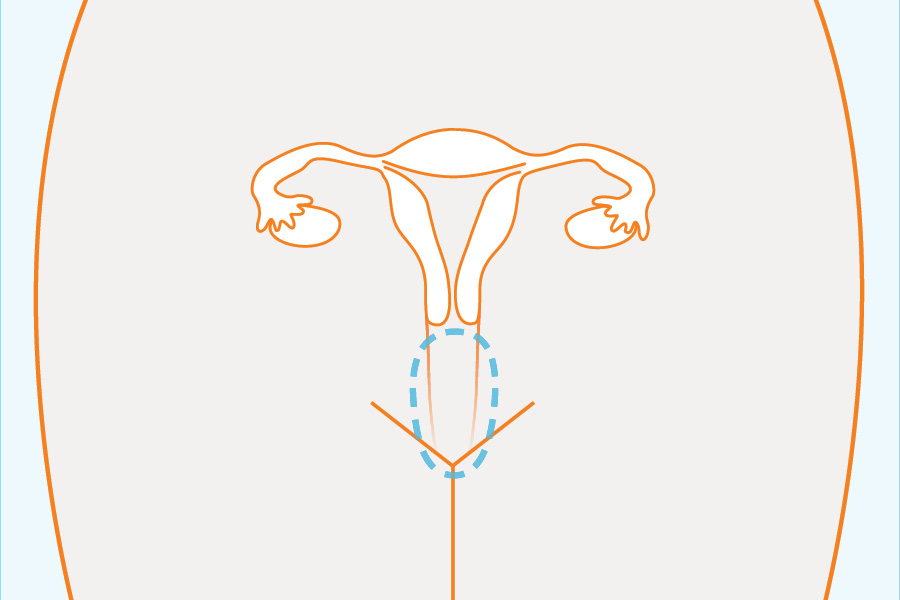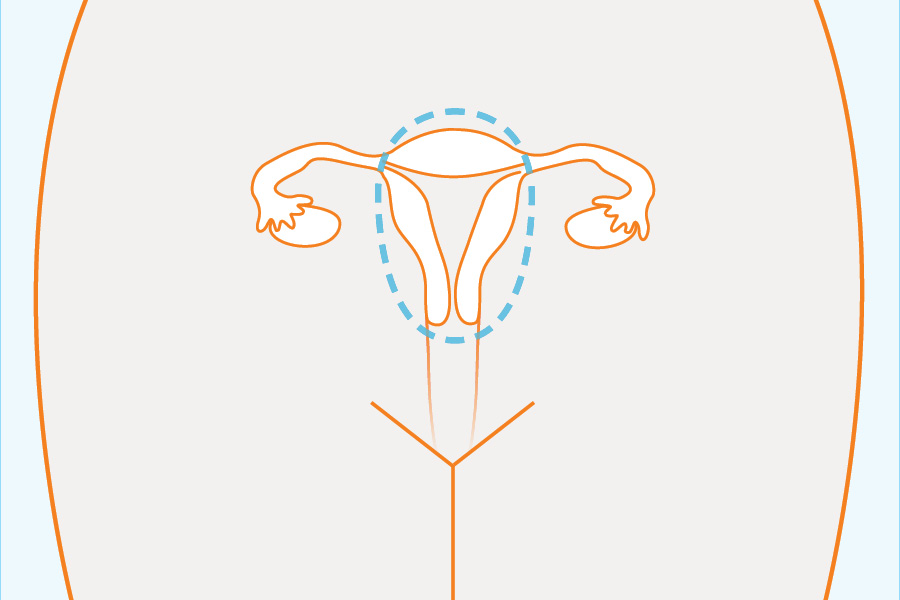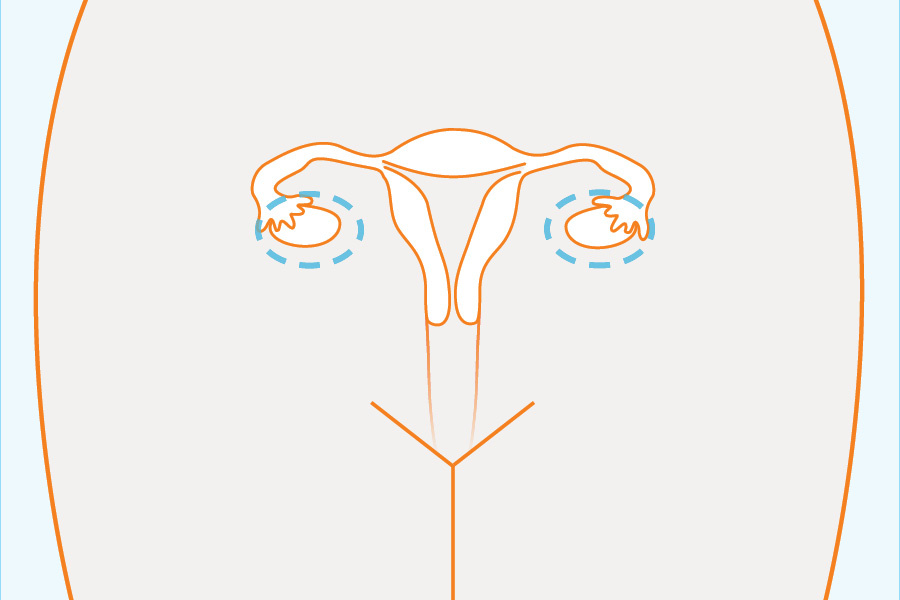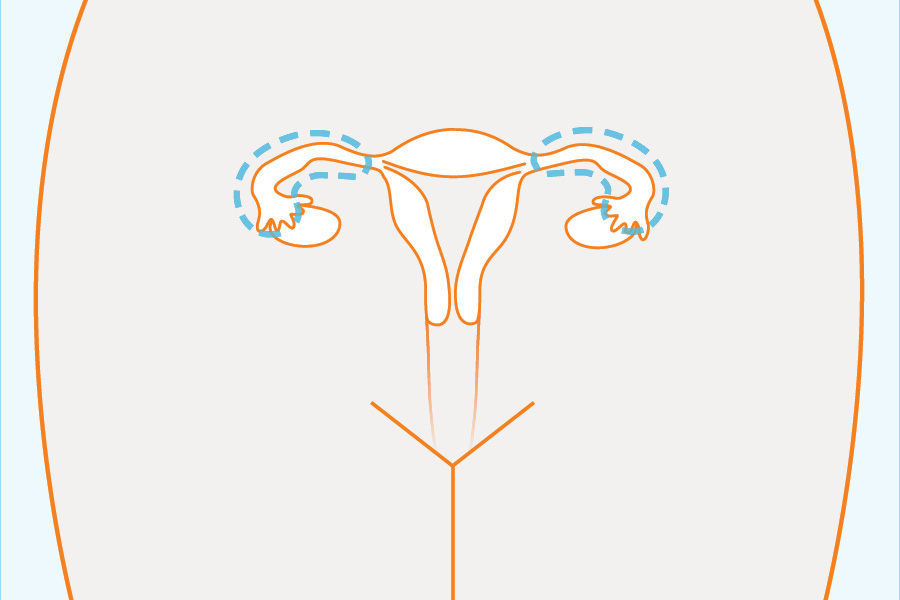The Basics
What is crabs?
Crabs, or pubic lice, are caused by small parasites (tiny insects) called Phthirus pubis that feed off human blood and are usually spread by sexual contact. Pubic lice is not the same as head lice or body lice.
How common are crabs?
Since crabs are not a reportable STD (meaning cases in the United States do not get reported or counted), it is hard to know how many people are infected. Some estimates show that about 3 million people in the United States get crabs each year.
Where do crabs live?
Crabs are usually found on the pubic hair, but can be also be found on other parts of the body where a person has coarse hair such as armpits, eyelashes, eyebrows, leg hair, and facial hair. Crabs rarely infest head hair.
Crabs can stay alive off the human body for 24 hours.
Symptoms and Disease
If I have crabs, will I develop symptoms?
People usually won't have symptoms until 5 days after they get crabs. Some people never get symptoms, although most do. If you are being infested with public lice for a second time or have had the lice for a while, you are more likely to have no symptoms.
What are the symptoms of crabs?
For both males and females:
- Most common symptom: intense itching in the genitals (penis or vagina) or anus
- A person may be able to see lice or small egg sacs (called nits) in pubic hair
- Dark or bluish spots in the infested area
- Mild fever
- Lethargy (feeling run-down)
- Irritability
How quickly do the symptoms of crabs develop?
If you have symptoms, they can appear anywhere from five days to several months after you get crabs. It is important to know that if you have had crabs before itching might not be a symptom because your body is already immune to the bites. You may still have other symptoms.
What can happen if I don't get treated for crabs?
Pubic lice will not go away without treatment. You will continue to itch and feel discomfort, and may develop a bacterial infection from repeated scratching. Without treatment the crabs can spread around your body and you may continue to transmit crabs to your sexual partners and anyone you share bedding, towels, and clothing with.
Transmission
How are crabs spread?
Crabs can be spread through:
- Any type of sexual contact
- Close physical contact
- Rarely, sharing infested clothing, bedding, furniture, and other items
When crabs are found in areas other than the pubic area, they usually get there because an infested person has scratched or touched his or her pubic area and transferred them to another part of their body. Crabs, unlike hair lice, don't crawl around much, which is why they are usually spread through sexual behavior.
How can I prevent getting crabs?
The only way to prevent infestation with crabs is avoid contact with infested people, bed linens, clothing, and furniture. Condoms will not protect against crabs.
If I have crabs, how can I prevent giving them to someone else?
If you have crabs, getting treated will lower your risk of transmitting crabs to your partner. Abstain from (avoid) sexual contact until you and your partner (s) have been examined, treated, and re-evaluated to make sure you get rid of them. You should also clean all bed linens, clothing, and furniture well with hot water. Anything that cannot be cleaned should be put in a sealed airtight plastic bag for two weeks to kill the crabs.
Can I still infect others if I don't have symptoms of crabs?
Yes, if you haven't been treated, you can still infect others even if you don't have symptoms.
Tests, Results, & Treatment
How long do I have to wait to get tested for crabs?
See a doctor or other healthcare professional once you start to show symptoms of crabs. We also suggest that you see a doctor if a partner tells you that they have it, even if you don't have symptoms.
How do you test for crabs?
Adult pubic lice and nits (lice eggs) are diagnosed by visual examination. People can usually see the crabs themselves, but a doctor or other healthcare professional can also help.
Where can I get tested for crabs?
You can get tested at a doctor's office. You can also go to a clinic that tests for crabs. See our Test Page to get more information and search for clinics near you.
Are crabs curable?
Yes, getting treated for crabs can completely remove them from your body.
What is the treatment for crabs?
You can get treatment for crabs in drugstores without a prescription (Look for Permethrin Cream or Pyrethrins -- Planned parenthood recommends getting A-200, RID, or Nix). Lindane shampoo can also be applied to the affected area and thoroughly washed off after four minutes. If over-the-counter medication does not work after one dose, repeat the treatment. You can also ask your doctor about stronger treatments, and treatments for eyelashes and eyebrows. Infants and pregnant and breast-feeding women should ask their doctor about special products that are specifically designed for them.
Shaving, hot baths, and similar methods of removing pubic lice do not work well.
Can I use medication I already have to treat crabs?
It is usually best to get new medication from the drugstore. If you already have medication, it will work as long as it is not expired and you have enough left. Remember to check the expiration date before using it.
Can I share my medication for crabs with my partner?
You can share medication as long as there is enough medication for both of you. You need to use the correct amount in order to get rid of the crabs. If you do not have enough left, it is best to get new medication from the drugstore.
Do I need to do anything after I'm cured for crabs?
You should make sure that all bedding, clothing, and towels are cleaned well and the household is thoroughly cleaned. You should abstain from (avoid) sexual contact with partner (s) until the crabs have been treated. Make sure that your partner(s) is/are treated before you have sex with them again. Roommates or family members that you have shared a bed, clothes, or towels with should also be checked. Bad skin sores or cuts from scratching should be seen by a doctor.
Partner Notification
Should I notify my partner(s) if I have crabs?
Yes, if you feel safe doing so. Crabs are highly contagious. Notifying your partners, and encouraging them to get treatment will prevent you from being re-infected and will keep your partner from spreading the parasite.
Who should I notify if I have crabs?
There are no official rules for this. People will have different opinions on who you should tell. Here is what we suggest:
Past Partners: If this is your first time getting crabs it can take up to 2 weeks before you have symptoms. To be safe, we recommend that you tell anyone you had sexual contact with in the 3 weeks before you noticed itching. We also suggest that you tell people that you had sex with while you had symptoms. Crabs can also be spread through bedding, so we recommend that you tell anyone that you've shared a bed with even if you didn't have sex.
Current Partners: We recommend that you tell people that you are currently having sex with or sharing bedding, clothing or towels with. Tell anyone you have sex with before you get rid of your crabs.
Future Partners: Once you are cured and your clothing, bedding, and towels are clean and crab-free, you do not have to tell any future partners.
That's a lot of people to notify. Which of my partners are most at risk for crabs?
If you're not willing to notify everyone that we suggest you do, we recommend that you tell anyone you were in contact with while you had the symptoms of crabs.
Resources Online
- Centers for Disease Control (CDC)
- Planned Parenthood
- American Sexual Health Association





